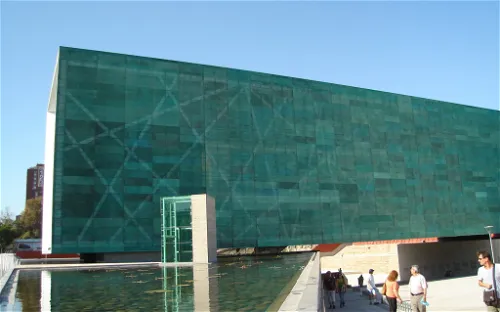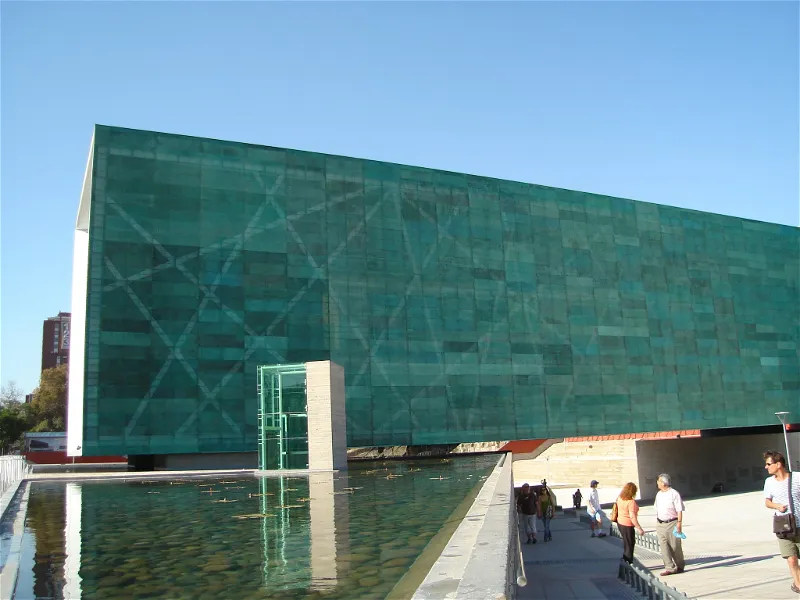
Museum of Memory and Human Rights and its collection
The Museum of Memory and Human Rights is a significant landmark in Santiago, Chile. It serves as a memorial to the victims of human rights violations that occurred during the military dictatorship of Augusto Pinochet from 1973 to 1990. The museum provides a historical perspective on this period, offering visitors an opportunity to learn about the events and their impact on Chilean society.
Inauguration of the Museum
The Museum of Memory and Human Rights was inaugurated on January 11, 2010, by then-president Michelle Bachelet. The inauguration was part of the government's commemoration of the bicentennial of Chile. This highlights the importance of the museum in the country's history and its commitment to acknowledging and learning from its past.
Exhibits at the Museum
The Museum of Memory and Human Rights houses a variety of exhibits that provide a stark look into the Pinochet dictatorship. These include torture devices used during this time, letters written by prisoners to their family members, newspaper clippings, and testimonies from survivors. These exhibits offer visitors a deeper understanding of the human rights violations that occurred during this period.
History & Anthropology War Historic house
























